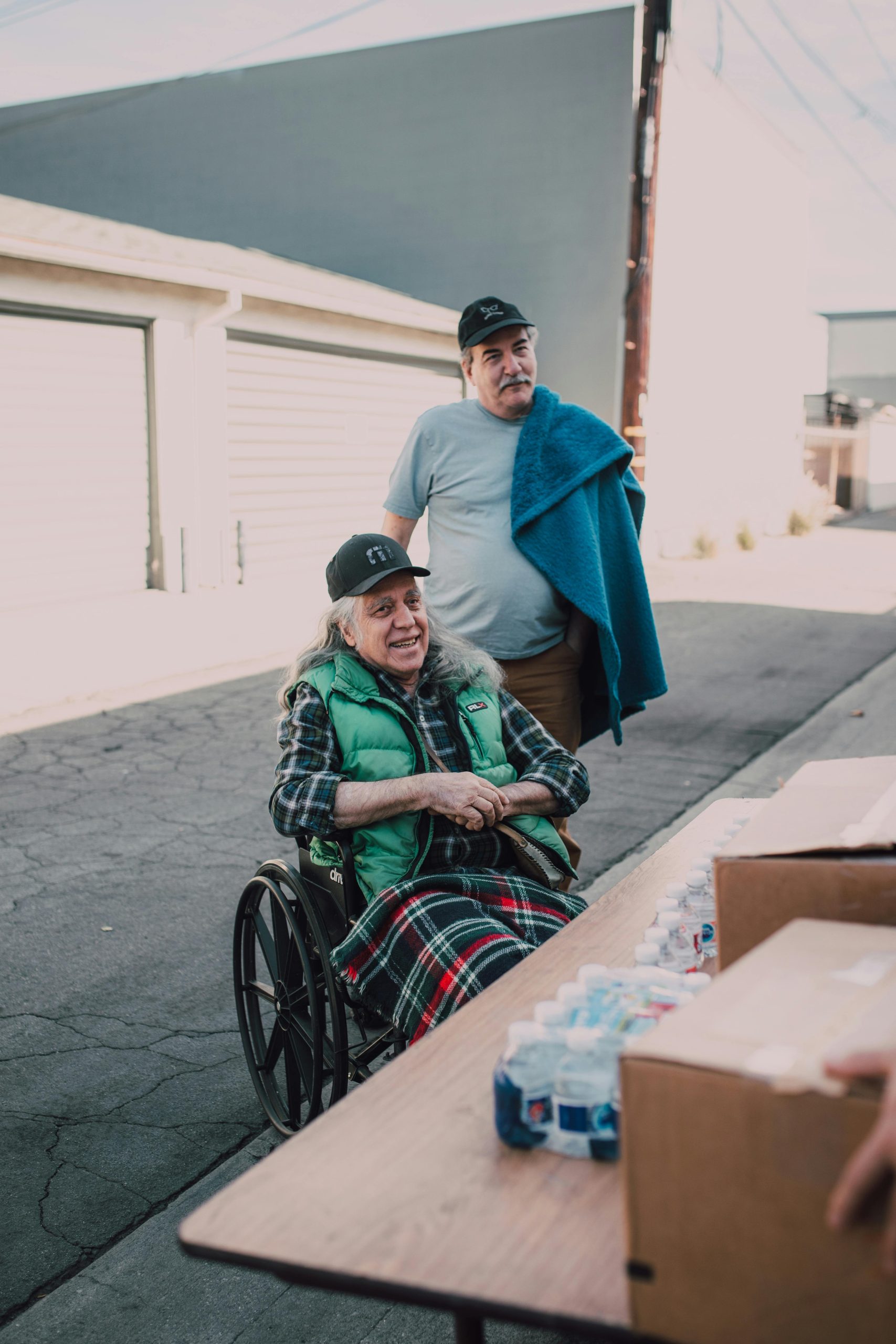Title: Navigating Collision Liability for Unattended Vehicles in Your Driveway: What You Need to Know
Encountering vehicle accidents on personal property can be a stressful experience, especially when you’re unsure about liability and insurance coverage. Recently, a situation unfolded in a residential driveway involving two parked vehicles, raising important questions about fault determination and insurance implications. Here’s a detailed overview of the incident and what property owners should consider in similar scenarios.
The Incident in Brief
A single homeowner residing in Wayne County, Michigan—within the Detroit metro area—faced an unexpected collision involving their parked SUV and a family member’s vehicle. The homeowner’s 2017 Ford Expedition, which was stationary in the driveway, was struck by a 20-year-old’s vintage 1974 Ford F100 pickup truck. The truck was also parked but on an incline, situated uphill from the Expedition.
According to eyewitness accounts and security footage, the young man had exited the truck after parking and closed the door. Moments later, the truck rolled backward, striking the Expedition on its front corner. The homeowner’s vehicle sustained damage including a flat tire, bumper, headlights, and possible damage to aftermarket wheels, lift kit, and suspension components. The truck, on the other hand, only received minor scratches.
Insurance and Liability Considerations
The homeowner holds comprehensive auto coverage with a $1,000 deductible, covering damages estimated at over $12,000 to $14,000. The question arises: who is responsible for the damages—specifically, does the act of the driver exiting the vehicle automatically establish fault?
In this case, the individual involved was clearly outside the vehicle at the time of the incident, leading to questions about whether the vehicle’s movement constitutes fault. Generally, if a vehicle begins to roll away due to driver error or mechanical failure, the driver may be held liable. Even if the vehicle was parked and the driver exited momentarily, negligence in ensuring the vehicle remained stationary could influence liability.
Insurance Claims: Auto vs. Homeowner Policies
When a vehicle collision occurs on private property, determining which insurer handles the claim can be complex. Typically, auto insurance is primary for vehicle damage, while homeowner or renter policies might cover damages in some circumstances, especially if the incident involves property damage occurring on the insured premises. However, since the collision involved a vehicle, auto insurance would generally be the first line of coverage.
In this scenario, the homeowner’s auto policy is likely to cover the damage to



